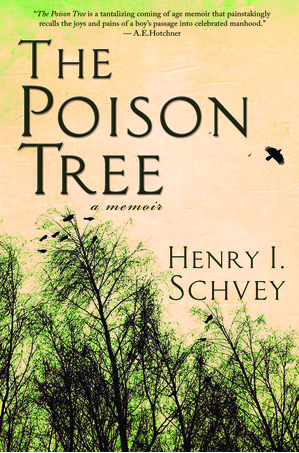Share the post "A Guest at Rumi’s Wedding Night"
A Guest at Rumi’s Wedding Night
by Jaime Kelley, Walrus Contributor
We literary types do love wordy and soulful celebrations, don’t we? How fortunate was I, then, to be an invited guest to Rumi’s Wedding Night on December 17. It was an evening replete with declarations of love, spiritual yearnings, admissions of shortcomings, and musical accompaniment befitting a marriage of souls.
Jalal ad-Din Muhammad Rumi, a 13th century Persian Muslim poet and Sufi mystic, known fondly in English speaking countries simply as Rumi, died on December 17, 1273. Rumi’s “wedding night” is, in fact, a celebration of a conjoining of spirit with Spirit–the night Rumi returned to his Beloved–the night Rumi died. It is a celebration that is held annually, and the invitation is an open one, so you, too, are an invited guest. Mark your calendar for 2012.
The evening’s events this year were held at the Ethical Society of St. Louis and were presided over by three religious leaders who, just as at any wedding or funeral I’ve attended, offered their insight into Rumi’s life and life’s work with humor, acumen, and a connection to their own traditions.
The Rabbi John Goodman shared his awe of Rumi as one who is “unabashedly alive” and who unifies the energies of the physical and the spiritual through his own “luminous, pulsing, shining Spirit.” He offered that the energies of beauty are at the center of such unification, an uplifting of the earthly to a higher realm. The Reverend Linda Anderson-Little spoke of her tradition’s concept of “accompaniment” as a means of serving one’s neighbor, a means of sharing mutual respect to repair the world. She posited that music and poetry, such as Rumi’s, accompany us into the realm of the human soul. The Imam Muhamed Hasic emphasized that communication is the means by which we reach a real and meaningful human understanding, an understanding of one another and our selves, as well as a balance between the realm of the physical and the spiritual. He further advocated that it is our responsibility to communicate with one another in order to take care of one another.
Rumi, for those of you who aren’t familiar or who haven’t Googled him yet, is considered to be one of America’s most widely read poets. He was also, as I mentioned, a Sufi, or an Islamic devotee of asceticism. He was concerned primarily with reaching Unity with the Spiritual by controlling his desire for and indulgence in the material aspects of the world, and instead he focused on achieving a higher spiritual state through devotion, poetry, music, and movement. Rumi’s works are considered to transcend national, ethnic, and religious boundaries.
Interestingly enough, a man of prolific and acclaimed words, Rumi often grants that words are insufficient…
Secretly we spoke
By Jalal ad-Din Rumi, Translation by Jonathan Star and Shahram Shiva
Secretly we spoke,
that wise one and me.
I said, Tell me the secrets of the world.
He said, Sh… Let silence
Tell you the secrets of the world.
Rumi’s Wedding Night was not a silent night. Neither wedding nor funeral – not in my experience – is complete without music, and so it was that on Rumi’s Wedding Night, the hall was filled with the sound of a poetic and prosaic balance of the spiritual and the earthly. For Sufis, as Rumi, there is a great spiritual relationship between music and poetry. John MacEnulty, of St. Louis Symphony fame, recited several of Rumi’s poems and accompanied them with his hauntingly beautiful Native American Flute. This marriage of poetry and music was, in the words of the Reverend Anderson-Little, an accompaniment into the realm of the human soul. The mastery and beauty of John MacEnulty’s flute playing was luminous and uplifting. I was transported to a place where each note spoke and each word sang. I was transported to an otherworldly sphere where everything was music.
Where Everything Is Music
By Jelal ad-Din Rumi, Translation by Coleman Barks
Don’t worry about saving these songs!
And if one of our instruments breaks,
it doesn’t matter.
We have fallen into the place
where everything is music.
The strumming and the flute notes
rise into the atmosphere,
and even if the whole world’s harp
should burn up, there will still be
hidden instruments playing.
So the candle flickers and goes out.
We have a piece of flint, and a spark.
This singing art is sea foam.
The graceful movements come from a pearl
somewhere on the ocean floor.
Poems reach up like spindrift and the edge
of driftwood along the beach, wanting!
They derive
from a slow and powerful root
that we can’t see.
Stop the words now.
Open the window in the center of your chest,
and let the spirits fly in and out.

